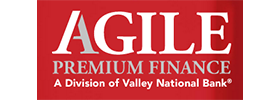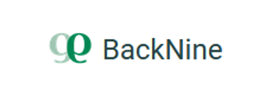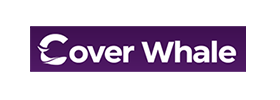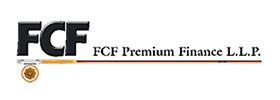Certain life insurance policies are designed to pay death benefits to the beneficiaries and to be an investment vehicle for the policyholder. Work with your agent at AFI Insurance, serving Denver, CO and the surrounding area, to get more of the details because there are many options in these products that can be customized for your life goals and financial planning.
To get an overview, let’s consider a basic explanation of two types of life insurance, which are Universal Life (UL) and Indexed Universal Life (IUL) to understand how these life insurance policies work.
Universal Life
Universal life insurance is available in many types that include fixed-rate models and variable-rate versions. For a UL policy, you make selections of equity accounts for the associated investments. Cash values are allocated to build up a fixed account.
Indexed Universal Life
If a UL policy is tied to the performance of a stock market index, then it is an IUL policy. The stock market index used may be the S&P 500, the NASDAQ 100, or others. No money is directly invested in any equity positions, only the overall index performance is used to calculate the financial performance of the IUL policy. This makes an IUL policy have more risk than a UL policy.
A Comparison of UL and IUL Policies
Both UL and IUL policies have a death benefit. Both have investment characteristics. An IUL policy can offer a cash accumulation that is tax-deferred for use in retirement. These IUL policies are used to insure a business owner as key-person insurance. They are also used for estate planning and have some upside potential if the equity index performs well over time.
Summary
UL and IUL products are very complex financial instruments and have specific uses that are not always good for everyone but can be effective for others. Work carefully with your tax advisor, investment advisor, and your agent at AFI Insurance in Denver, CO to get the information you need for considering these products as part of your long-term financial planning.
























